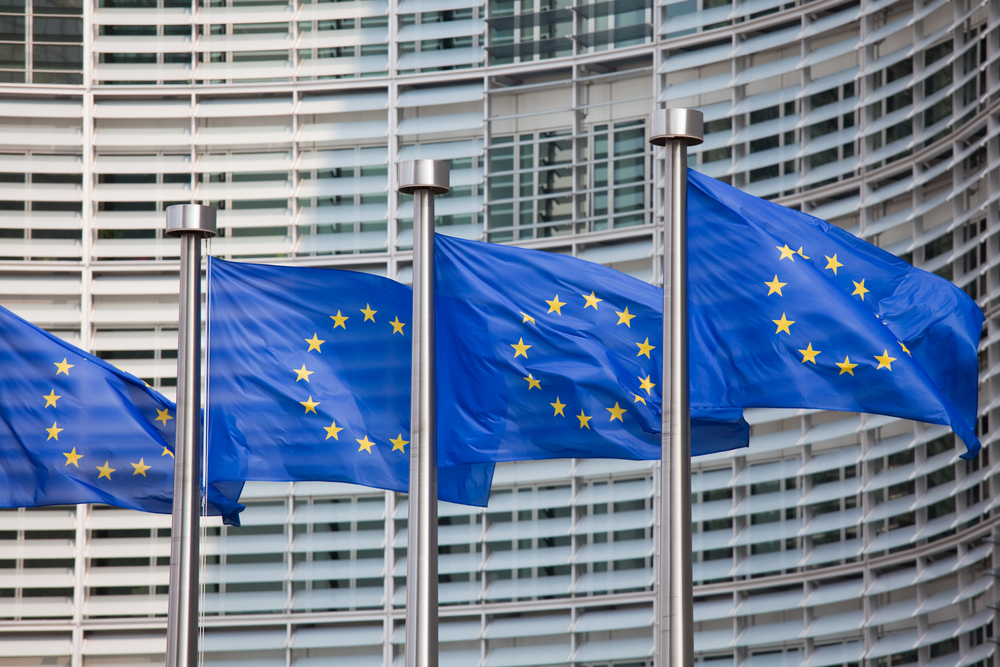“`html
In France, there is widespread skepticism about the EU entering into a trade agreement with a group of South American countries that are part of the Mercosur trade bloc.
French agriculture fears that the agreement will open the European market even more to South American agricultural products, among other things, thereby subjecting French farmers to tougher competition.
However, Denmark, like the EU’s largest country, Germany, hopes that an agreement can soon be reached.
This is according to Foreign Minister Lars Løkke Rasmussen (M).
The statement comes on the way to a meeting of the EU countries’ trade ministers in Brussels on Thursday.
“We are strong supporters of an agreement. In general, we think that those trade agreements that are negotiated around should be concluded.”
“We are one of the world’s wealthiest societies. We have become that in a few generations by virtue of trading with the rest of the world,” he says.
He believes that an agreement with the four South American countries – Brazil, Argentina, Paraguay, and Uruguay – will diversify the markets that European companies have direct access to sell to.
“There have been too unilateral trade routes. And we have been too dependent on China. So it would be wise to get some more trading partners,” says Lars Løkke Rasmussen.
Danish agriculture is also concerned about the consequences if South American agricultural goods are seriously allowed into the market.
“Of course, you can always be afraid of competition. But it goes both ways.”
“All historical experience shows that we have an industry, a population, and an agriculture that are so sharp that we can manage well in an equitable international competition,” says Løkke.
The goal of the agreement is precisely to create equal terms for producers on the two continents to sell their goods.
However, this week farmers in France blocked a major highway to Spain in protest against the agreement.
According to French media, the French farmers have vowed to create “chaos” and try to limit access to food if France’s President, Emmanuel Macron, bends and says “yes” to the agreement.
Conversely, Germany is pushing to open up new export markets for its struggling automotive industry. At the same time, Europe wants access to raw materials, which among others Argentina and Chile possess.
This could potentially reduce Europe’s dependence on China.
The agreement must be adopted with a qualified majority. Thus, France does not have veto power, but it has so far been difficult to gather sufficient support among EU countries for the agreement. This frustrates the Danish foreign minister.
“This project has so far taken 25 years, and it should soon be concluded,” says Løkke.
At the Confederation of Danish Industry (DI), the head of DI Global Trade and Investment, Peter Thagesen, is also hoping for an agreement.
“The trade agreement with Mercosur is not perfect. But it will be able to boost trade for all the countries covered by the agreement.”
“It will create growth and jobs in Denmark, and also effectively reduce poverty in, for example, Brazil,” says Peter Thagesen in a written comment.
/ritzau/
“`
 go to the original language article
go to the original language article
